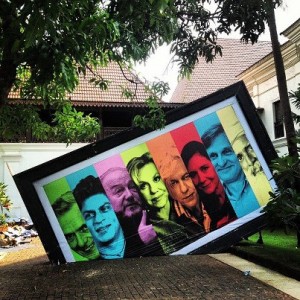I have been lately feeling ‘concerned’ about some changes within me. My ability to ‘focus’ has been a major casualty. When I moved to a smartphone sometime around this time last year several things happened. My consumption of information exploded but somehow my ability to draw meaning and retain imploded. I found myself addicted and since my object of affection were usually Coursera, learning apps, self-quantification apps, I felt ‘these could only make me smarter’. I became highly distracted. I could neither read, write or think introspectively.I thought I was the only one.
Then, I came across a brilliant book by Nicholas Carr — Shallows: What The Internet Is Doing To Our Brains.
The book epitomises the aphorism ‘to know the future you must know the past’. It proves how the internet is not just changing ‘what’ we consume but our fundamental patterns of reading, writing, thinking, perceiving and behaving.
I have curated some of my favourite parts from the book and have experimented with a format below using elements such as multimedia, non-linear text – which ironically the author at some level critiques in the book. Since you are going to read this on the internet, filled with thousand other distractions, you ll probably find it distracting enough to temporarily focus on 🙂


